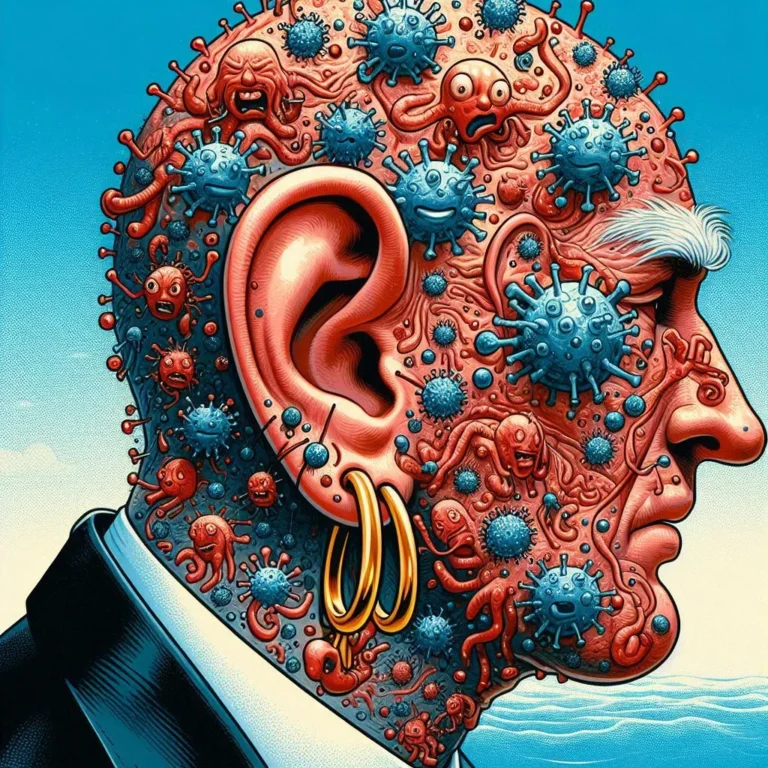
The Impact of Social Media on Youth Mental Health in 2024. In 2024, social media continues to play a central role in the lives of young people. With its influence extending from social interactions to personal identity, social media has become a powerful force shaping how youth perceive themselves and others. But as digital platforms evolve, so do the implications for mental health. Understanding the impact of social media on youth mental health is crucial in navigating its benefits and challenges.
The Double-Edged Sword of Social Media
Social media platforms offer a wealth of opportunities for connection, creativity, and self-expression. For many young people, these platforms are a space to share their passions, connect with friends, and engage in communities of interest. However, the very features that make social media engaging can also have significant effects on mental health.
1. The Pressure to Perform

One of the most pressing concerns is the pressure to present a perfect image. Platforms like Instagram, TikTok, and Snapchat often highlight curated snapshots of life, creating an environment where young people may feel compelled to showcase an idealized version of themselves. This constant comparison to others can lead to feelings of inadequacy and low self-esteem. The pressure to maintain a certain appearance or lifestyle online can be overwhelming, impacting mental health by increasing stress and anxiety.
2. Cyberbullying and Harassment
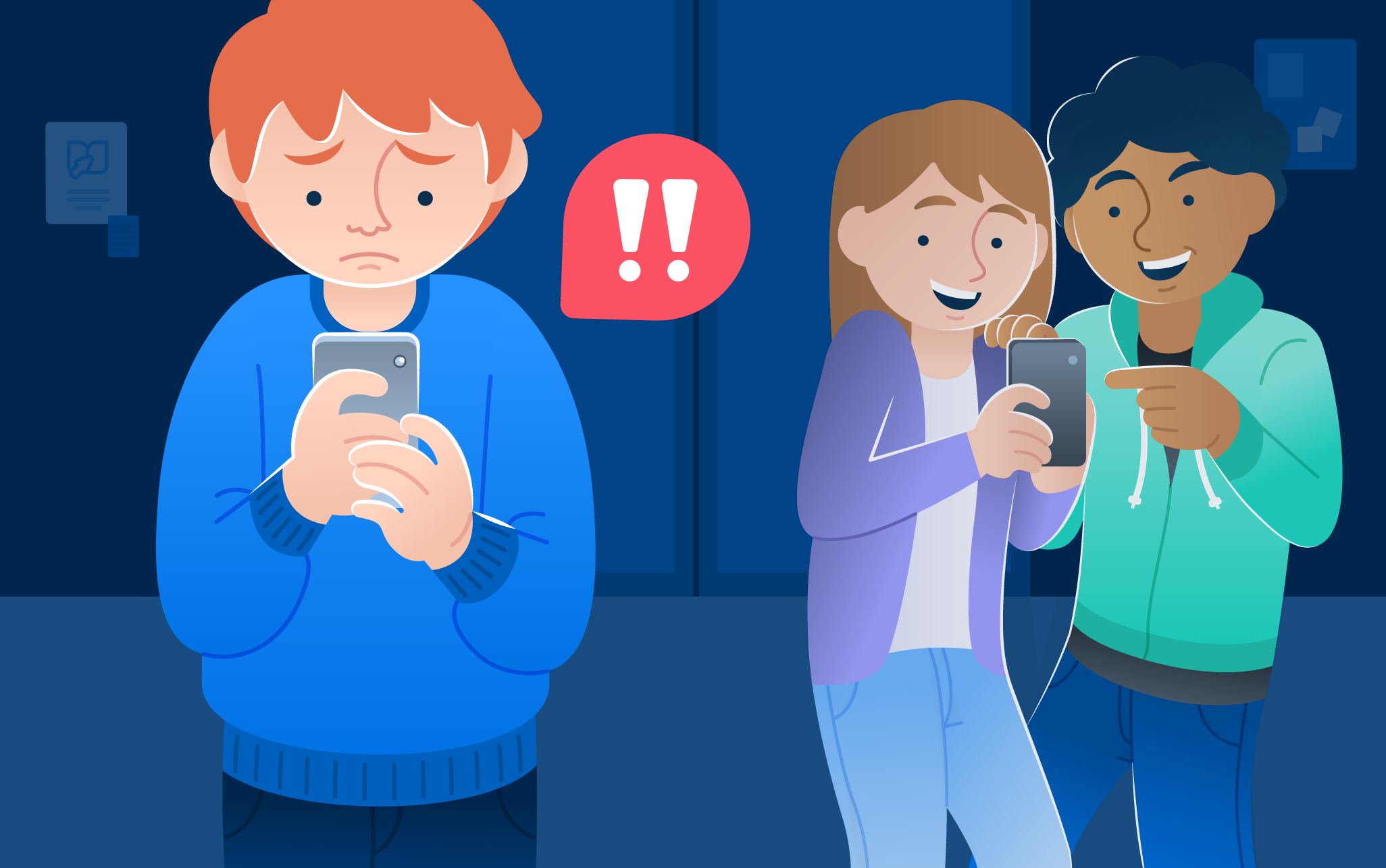
Another serious issue is cyberbullying. The anonymity and reach of social media can make it easier for individuals to engage in harmful behavior. Cyberbullying can have severe consequences for mental health, leading to increased feelings of isolation, depression, and anxiety. Unlike traditional bullying, cyberbullying can follow young people wherever they go, making it harder to escape the negative impact.
3. Sleep Disruption

The use of social media, particularly late at night, is linked to disrupted sleep patterns. The blue light emitted from screens can interfere with the production of melatonin, a hormone that regulates sleep. Poor sleep can exacerbate mental health issues, including mood swings and cognitive difficulties. For many young people, the habit of scrolling through social media before bed can contribute to insomnia and poor overall mental health.
Positive Aspects of Social Media for Mental Health
Despite the challenges, social media also offers positive opportunities for enhancing mental health.
1. Support Networks
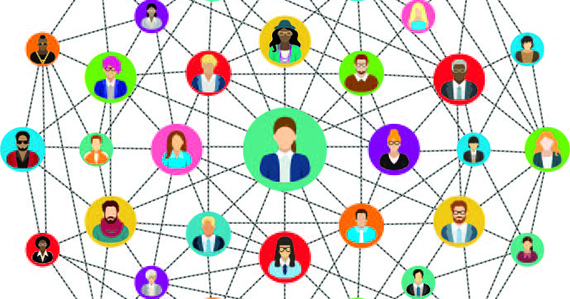
Social media can provide valuable support networks. Online communities and support groups offer young people a space to connect with others who share similar experiences and challenges. For those dealing with mental health issues, these communities can be a source of encouragement and understanding. Sharing experiences and receiving support from peers can be empowering and reduce feelings of isolation.
2. Access to Resources
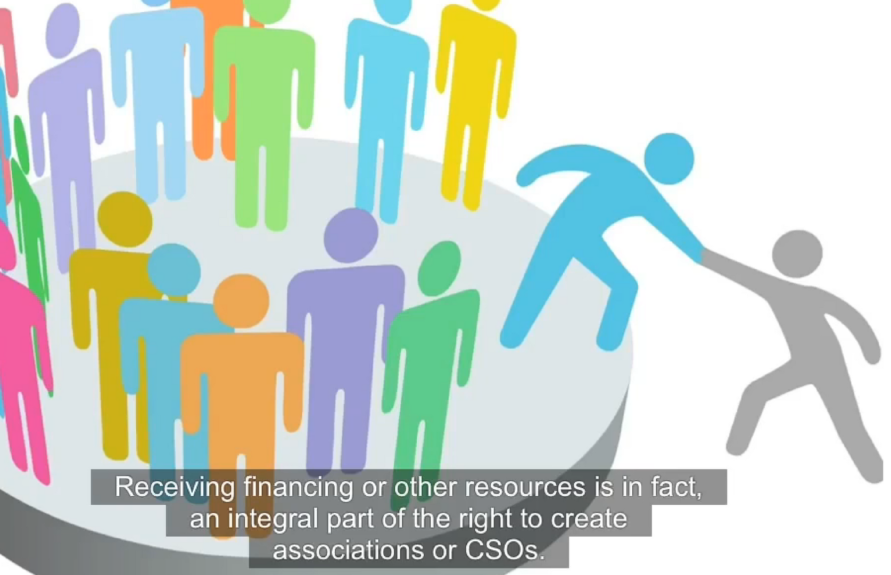
Platforms like YouTube and Instagram host a variety of educational content related to mental health. From informative videos to inspirational stories, these resources can offer valuable insights and coping strategies. Many mental health professionals and organizations use social media to reach a broader audience, providing support and information that might otherwise be inaccessible. Read More (Unlocking the Secrets to Lifelong Health).
3. Creative Expression
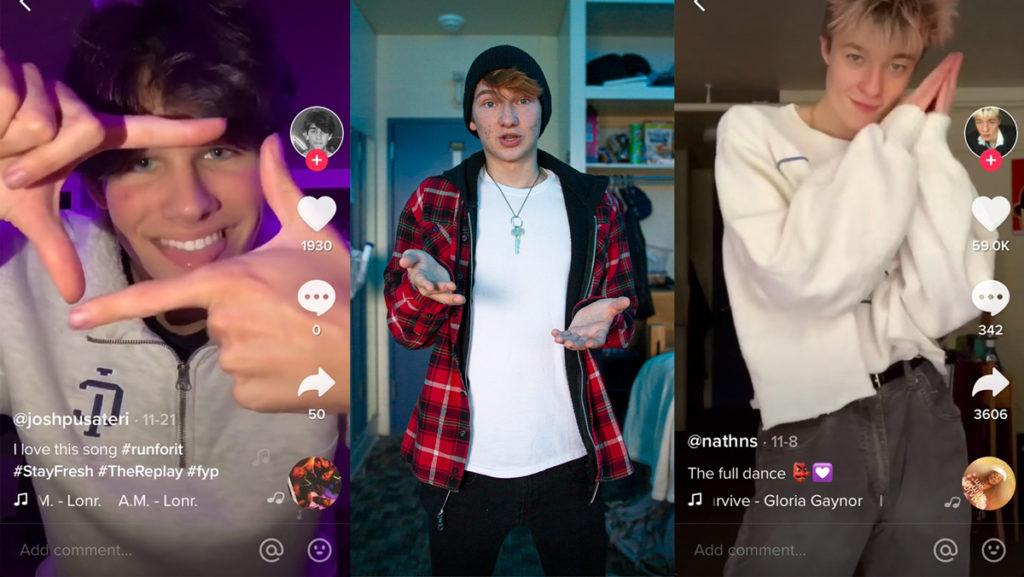
Social media platforms can also serve as a creative outlet. Sharing art, music, and writing can be therapeutic and help young people express their emotions. Creative expression can be a powerful tool for managing stress and improving mental well-being. Engaging in creative activities online can also foster a sense of accomplishment and community.
Navigating the Digital Landscape
Given the mixed impact of social media on mental health, it’s essential to approach its use with mindfulness and balance. Here are some strategies to help mitigate the negative effects while maximizing the benefits:
1. Set Boundaries
Establishing clear boundaries around social media use is crucial. This might include setting specific times for checking social media, taking breaks from screens, and avoiding social media before bed. Encouraging young people to spend time engaging in offline activities can also help create a healthier balance. Read More (The Journey to Fitness: A Holistic Approach to Health and Well-being).
2. Promote Digital Literacy
Teaching digital literacy is essential for understanding the impact of social media. Young people should be educated about the potential pitfalls of online interactions and the importance of critical thinking when consuming content. Understanding how social media algorithms work and the reality behind curated content can help mitigate the effects of comparison and pressure.
3. Encourage Open Communication
Fostering an environment of open communication about social media experiences can help address mental health concerns early on. Encouraging young people to talk about their online interactions and feelings can provide valuable support and guidance. Parents, educators, and mental health professionals can play a key role in facilitating these conversations. Read More (The Ultimate Guide to Healthy Snacks for Kids and Adults).
Conclusion article The Impact of Social Media on Youth Mental Health in 2024
As we move further into 2024, the relationship between social media and youth mental health will continue to evolve. While social media presents challenges, it also offers opportunities for connection, support, and self-expression. By understanding and addressing the impact of social media on mental health, we can better support young people in navigating their digital lives and fostering a healthier relationship with technology.
In conclusion, social media’s impact on youth mental health is complex and multifaceted. By promoting healthy digital habits, supporting open dialogue, and leveraging the positive aspects of social media, we can help young people thrive both online and offline. As technology continues to advance, staying informed and proactive about mental health will remain crucial in ensuring that social media serves as a positive force in the lives of young people.

